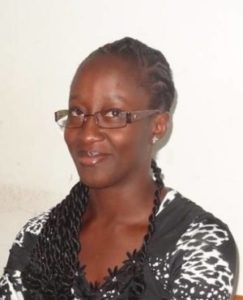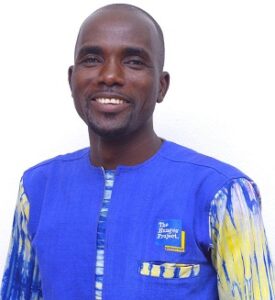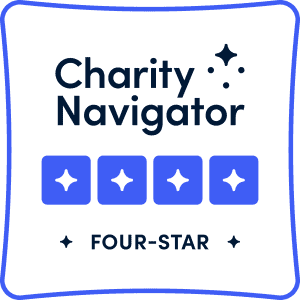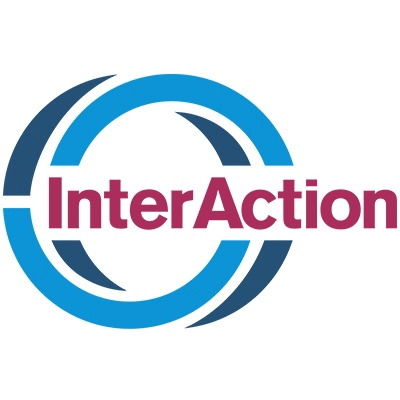Burkina Faso
Our Work in Burkina Faso
The Hunger Project has been working in Burkina Faso since 1997 and is currently mobilizing community partners to end their own hunger and poverty. Through our integrated approach to rural development, the Epicenter Strategy, we work with community partners to successfully access the basic services needed to lead lives of self-reliance and achieve internationally agreed upon markers of success, such as the Sustainable Development Goals.
Currently, there are 10 self-reliant epicenters that reached over 222,000 people and 1 active work area with 37,394 people.
Achieving Self-Reliance Through Holistic Strategies
We are actively engaged in enhancing food security measures in epicenters Vy and Yegueresso by implementing agriculture, Water, Sanitation and Hygiene (WASH) and Essential Nutrition Actions (ENA projects) in partnership with The Church of Jesus Christ of Latter-day Saints.
We are increasing impact by supporting existing municipal structures to achieve self-reliance. We are leveraging our experience to strengthen and support these entities to improve their internal resource mobilization and develop tools for good governance. We are partnering with local civil society organizations to advocate for consistent allocation of resources to holistic actions aimed at eradicating hunger and poverty.
Improving Childhood Nutrition
Our Right2Grow program, in collaboration with a consortium of partners spearheads gender-focussed, community-led efforts to combat childhood undernutrition across the Center-North, North and East regions of Burkina Faso. The partnership will ensure that civil society and government jointly address malnutrition particularly among children through gender-sensitive and inclusive manner. Trained THP volunteers conduct workshops on nutrition, agriculture and WASH. At the same time, we amplify the voices of community leaders through national campaigns to bring community-led methodologies to scale nationally.
Epicenter Microfinance Program
Our microfinance program plays a vital role in poverty reduction and economic self-sufficiency. By promoting gender equality and focusing on female small-holder farmers, we facilitate access to microfinance loans for diverse projects, including agriculture, food processing, handicrafts and livestock. This initiative provides an additional livelihood support system especially vital for communities impacted by violence, offering stability as they rebuild their lives post-displacement.
Cross-Border Collaboration with THP-Ghana
In partnership with the Economic Community of West African States (ECOWAS), THP-Burkina Faso and THP-Ghana spearheaded a joint initiative to mobilize, sensitize and support cross-border communities in their journey to self-reliance. By fostering solidarity and social cohesion between Burkina Faso and Ghana communities, this initiative aims to develop an action plan for shared development projects, addressing basic needs and fostering conflict prevention.
In 2023…
- 1,117 individuals were trained in financial services
- 1,029 individuals were trained in Vision, Committment and Action workshops
- 106 animators were trained in monitoring and evaluation/ research
Meet Innocent Sanou, a passionate farmer in Yégueresso
Innocent struggled with low crop yields until he was equipped with the knowledge and tools to improve his maize harvest output. Now, not only does Innocent have enough food for his family, but he’s also teaching others in his community how to improve their farming techniques.
“When I see all this corn, I’m proud of the work I’ve done,” says Innocent at harvest time.
Innocent is not just growing crops; he’s growing opportunities for everyone around him.
Read: Empowered Entrepreneurs in Burkina Faso
Watch: Head of Programs Aissa Barry speak at our Fall Event 2023
“I believe in a world where cycles can be broken.” Aissa Barry, Head of Programs of Burkina Faso
Full speech available here
History of Burkina Faso
Located in West Africa, Burkina Faso’s economy relies heavily on agriculture, with recent boosts in the economy due to increased gold exports. Considerable progress has been made in the education sector, with over 60% of girls and 55% of boys completing primary education. Despite strides in education, a significant portion of the population still engages in subsistence agriculture, facing challenges exacerbated by climate change, political instability, and terrorism.
Political instability and terrorism have exacerbated food security challenges in Burkina Faso and hindered the nation’s attempts to address poverty throughout the country. Additionally the destructive effects of climate change put the livelihoods of the more than eighty percent of the population that rely on subsistence farming at risk. Burkina Faso gained independence from France in 1960, and has since navigated a path towards democracy amid periods of unrest.
The Hunger Project
01 BP 5653
Ouagadougou 01
Phone: +226 50 30 7110
Fax: +226 50 33 5100
Team
News
Make change happen. Invest in people.
Mailing address
The Hunger Project
110 West 30th Street, 6th Floor
New York, NY 10001
Get connected
Join the conversation on social, and stay connected with the latest from our partners around the world.
Stay informed
Subscribe to our newsletter to receive updates of latest news and events.
© The Hunger Project | Website by The Good Alliance








